
It doesn’t matter if he’s in a room of two or 200 people, when Rabbi Michael Gotlieb, the eloquent, imaginative and curious intellectual, armed with a basso profundo voice is the center of attention.
Now, in his 30th year as leader of the Conservative Kehillat Ma’arav congregation in Santa Monica, he recently reflected on his path to the rabbinate.
A native of Detroit, after his bar mitzvah, his family moved to San Diego when his father, a successful businessman, retired at age 43. “Judaism was the centerpiece in our home,” Gotlieb recalled. “My father would say it didn’t matter what Jewish community you affiliated with as long as you affiliated.”
Seeking to enhance his education, in summer 1978 Gotlieb’s parents sent him to the Brandeis-Bardin Institute, in Simi Valley, led by Dennis Prager and Rabbi Joseph Telushkin.
“That was an important influence in my life,” Rabbi Gotlieb said. “I was exposed to tremendous thinkers, and ideas were reinforced. I took it seriously.”
What made such an impression on the 19-year-old Gotlieb was that Judaism was presented and discussed in a linear manner, “without cultural sentimentality.” For him, culture is an enrichment. He sees it as an enhancement, not a motivator for wanting to be Jewish. “There is a chasm of difference between how to be Jewish versus why to be Jewish,” the rabbi said. “There is no one ‘why,’ perhaps no one ‘how’ when it comes to Halacha or a certain ritual.”
“Don’t tell me about proofs for God’s existence. There are no proofs. Tell me what the salient arguments are for God’s existence.” – Rabbi Michael Gotlieb
For example, he said he doesn’t care how to put on tefillin if it doesn’t mean anything to the person. He doesn’t care to learn how to observe Shabbat “if it is atomized down to such absurd inanities with regard to minutiae of rabbinic law.” He’s not trying to be disrespectful, he said, but “it’s just not an entry point for me to the way I would relate to any field of study. Tell me why it is important.” When he took calculus in college, he needed to know why calculus was important, not just various equations. “Don’t tell me about proofs for God’s existence,” he explained. “There are no proofs. Tell me what the salient arguments are for God’s existence.” While studying, he asked himself “If money were not an issue, would I pursue economics as opposed to religious thought or theology? That is where I changed the course of my study.”
If he wanted to study Judaism at a collegiate level, he asked, why not pursue the rabbinate? After graduating from the Jewish Theological Seminary in 1990, he led his first congregation Temple Judea in North County San Diego. It was, he said “a difficult but important (five-year) experience.” He had an unrealistic expectation of Jewish communal life. “I didn’t know how to navigate, but it got me up to speed.”
By this time, the rabbi and his wife Jill, a nurse, had three children, and they sought a Jewish day school for them. The Gotliebs wanted to live in a more Jewish community and looked north to Los Angeles. He was in talks with Rabbi Allan Schranz in 1995 at Sinai Temple when Kehillat Ma’arav reached out. As the 200 member families of Ma’arav soon came to learn, the articulate thinker at the front of the synagogue reasoned with unmistakable assertiveness and the clarity of a sunny blue sky. In print and vocally.
The Washington Post, New York Times and Wall Street Journal top the rabbi’s daily reading list. “The [Wall St.] Journal far and away is my favorite,” he declares, “for its depth and arc of thought.” No stranger to provocative observations, Rabbi Gotlieb declares that “without apologies, I have a profound respect for Christianity. I’ve often said, but for Judaism, I would be a Christian.” He doesn’t subscribe to one teaching that human beings are born with a theological taint. “The human spirit needs to be channeled, refined,” the rabbi says.
Gotlieb once wrote an op-ed for The Wall Street Journal, “Why This Rabbi Loves Christmas.“ The holiday Christmas fascinates him, he wrote, and noting that Jesus was born, lived and died a Jew, “I can appreciate Christmas as the celebration of one Jew’s epic birthday.” He wrote that the concept of messiah “sometimes puzzles” him. “If the messiah were to appear, or reappear, what would he say that hasn’t already been said. I assure you there would be nothing new.”
When Kehillat Ma’arav was born at the beginning of the1980s, Brentwood Presbyterian Church provided a needed meeting place for the Jews to pray.
Years later, Rabbi Gotlieb teaches, preaches and counsels there. In another Wall Street Journal essay, he allowed that “this may seem like a strange arrangement, but it has been fruitful for both congregations. Rather than trying to convert each other, we’re finding ways to enrich our own faiths together.” After noting a decline in church attendance, the rabbi wrote, “I pray this trend reverses and Christianity begins to thrive again. Only religion can provide answers to life’s most vexing and critical questions.”
Now his mid-60s, Rabbi Gotlieb commands a busy 10,000-square foot synagogue neighboring Crossroads School. He noted the compelling reasons he feels at home after three decades at Ma’arav. “We love how and where we are living, ancillary but important reasons,” said the rabbi, who prefers a smaller congregation. But “my desire [is] to have more personal relationships. There are professional qualities here. The constituency at Ma’arav – many are overachievers — tends to be apolitical. They don’t wear their names on their shirts. They are accomplished but hover beneath the surface.”
“I feel profoundly appreciative to be here,” the rabbi said. “It’s a very forgiving congregation.”
Fast Takes with Rabbi Gotlieb
Jewish Journal: What is your favorite moment of the week?
Rabbi Gotlieb: Shabbat. My wife and I absolutely cherish Shabbat dinners in our home.
J.J.: What is your favorite place to travel outside of Israel?
RG: I’ve always felt a need to make a pilgrimage, not a trip, to Poland. A few years ago, we took a congregational trip to Poland, the Czech Republic and Germany. Outside of Israel, that is the most impactful trip I’ve taken. To be on the hallowed ground of Birkenau and Auschwitz has to be seen.
J.J.: Best book you have read outside of Judaism?
RG: Viktor Frankel’s “Man’s Search for Meaning.”







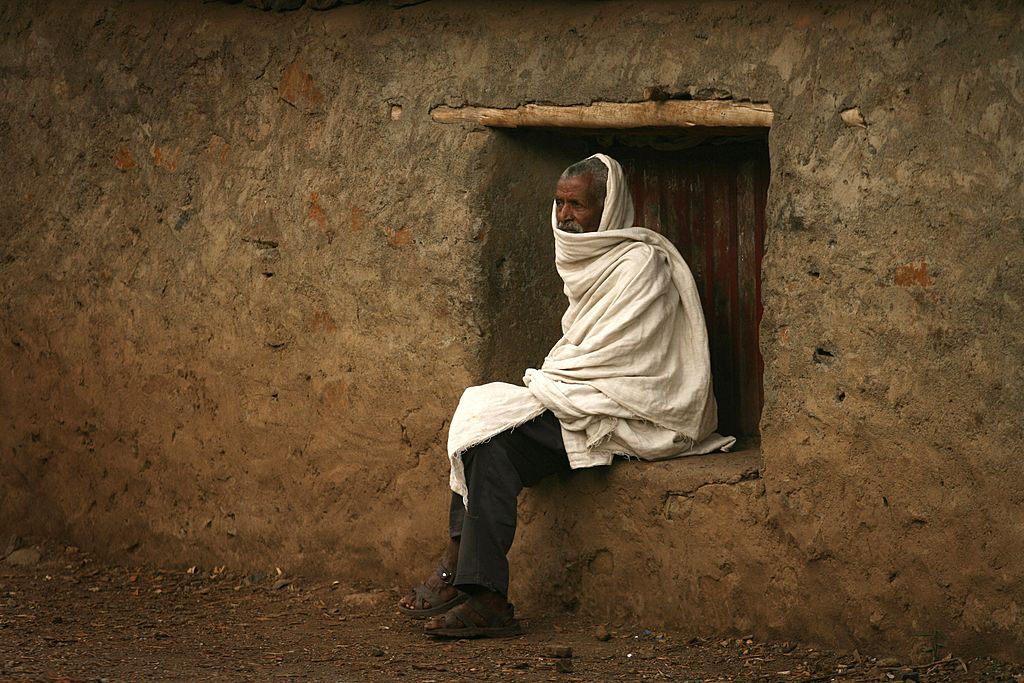

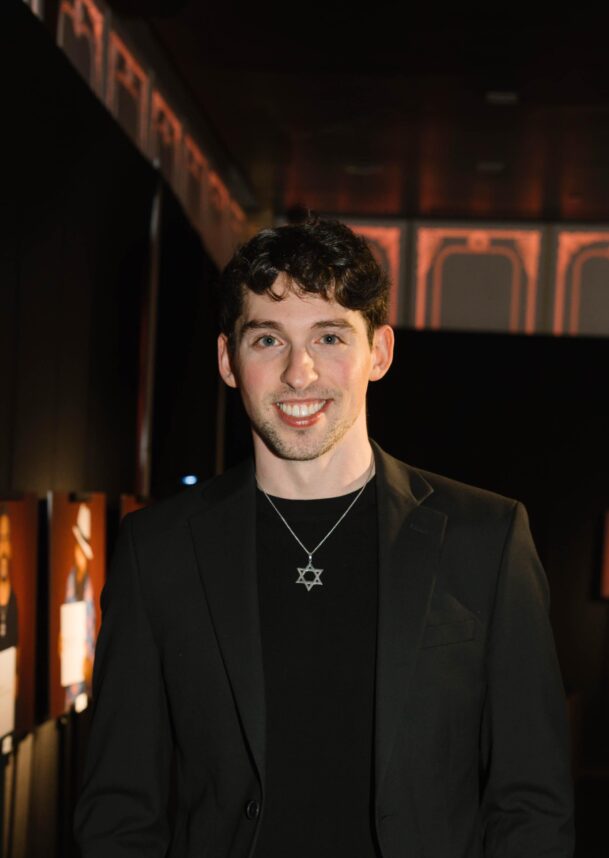
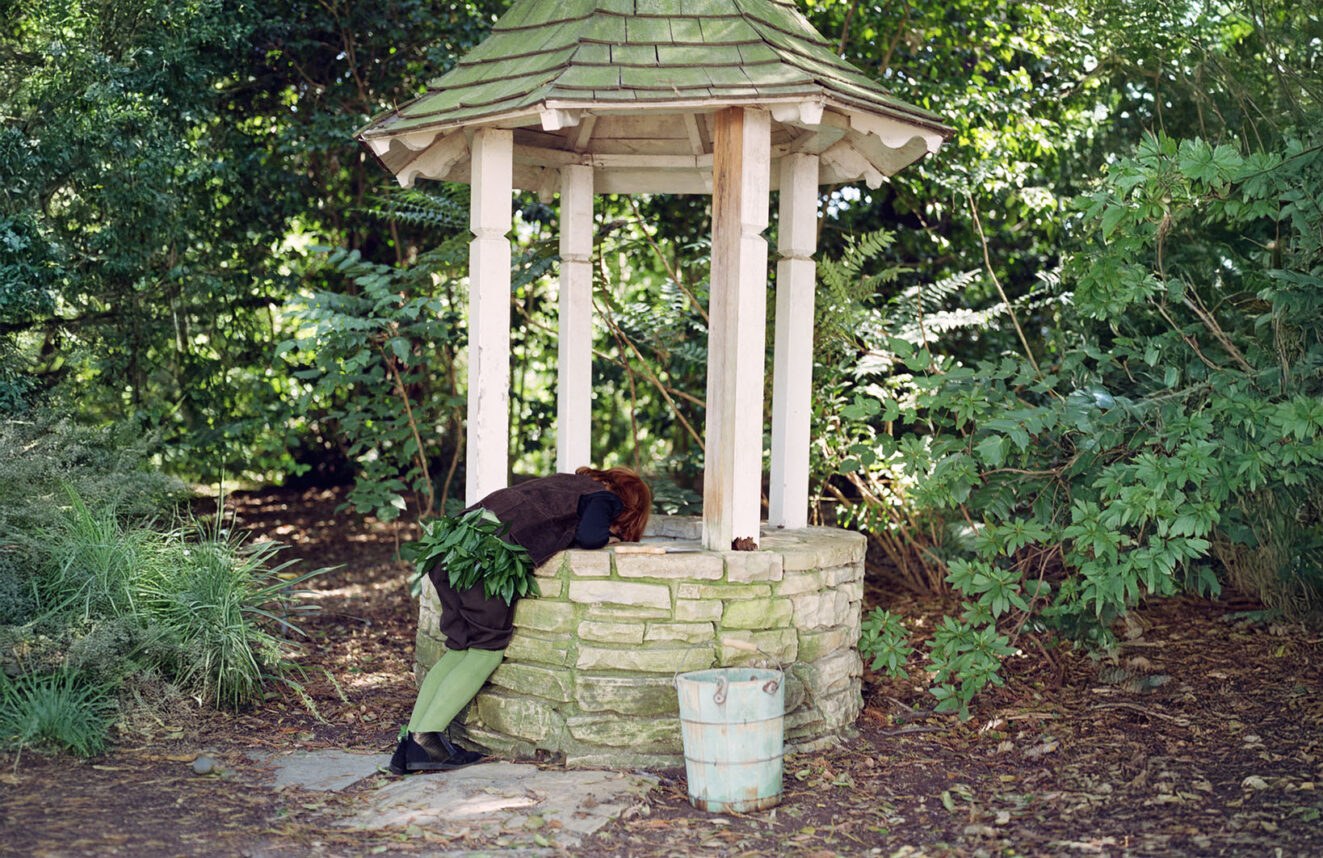
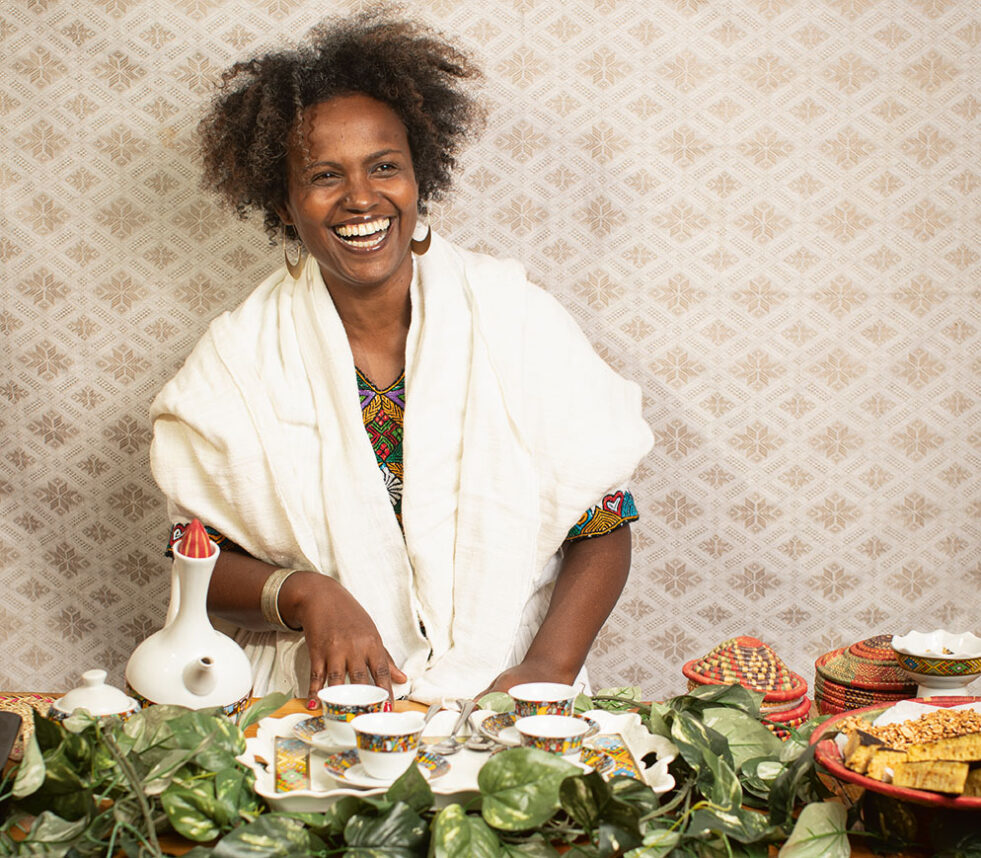
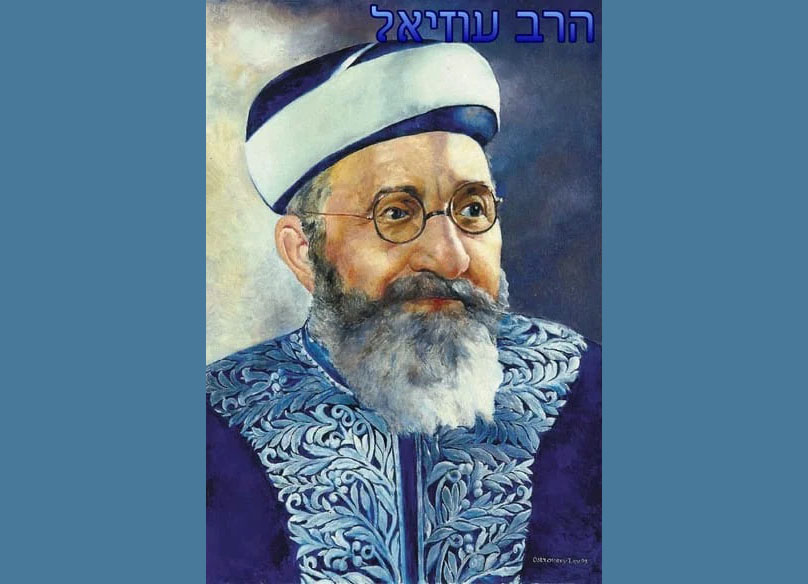
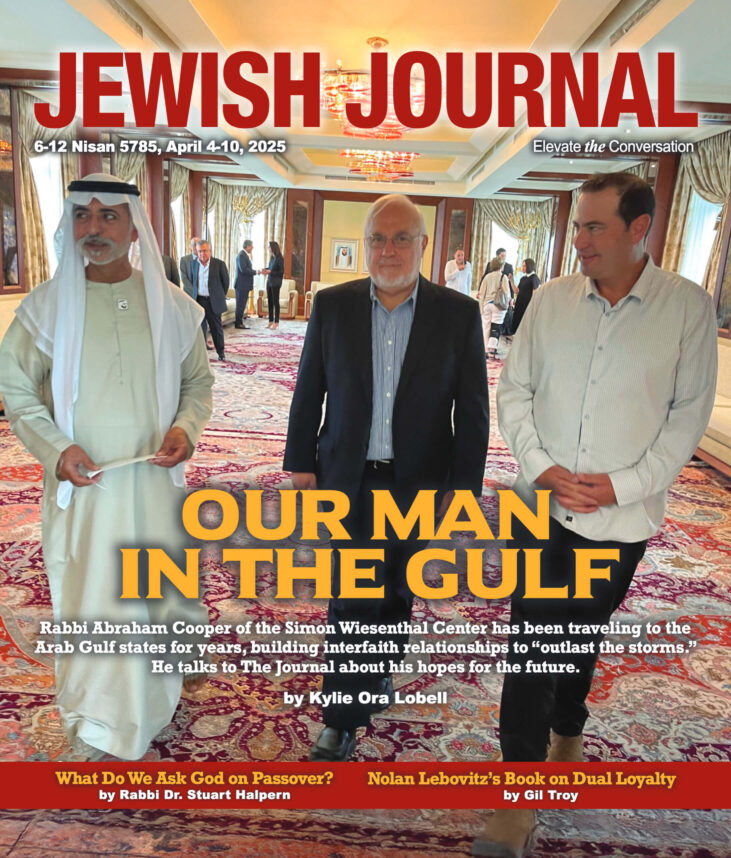
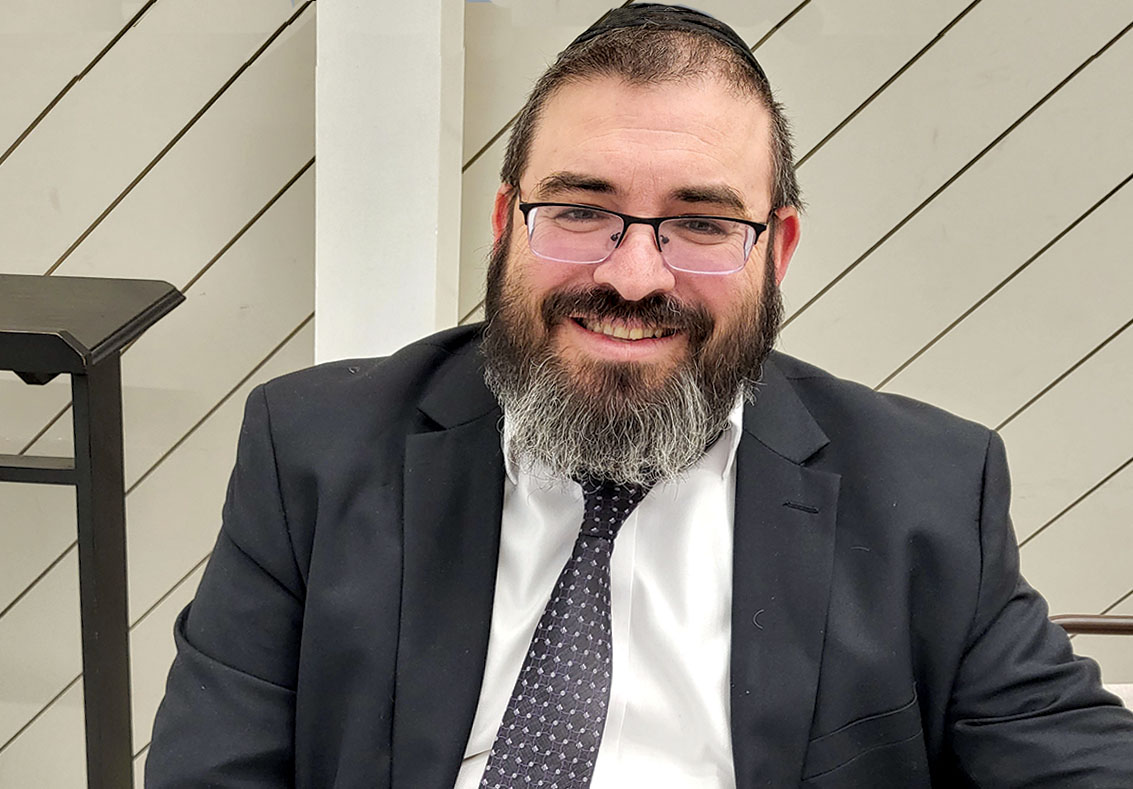
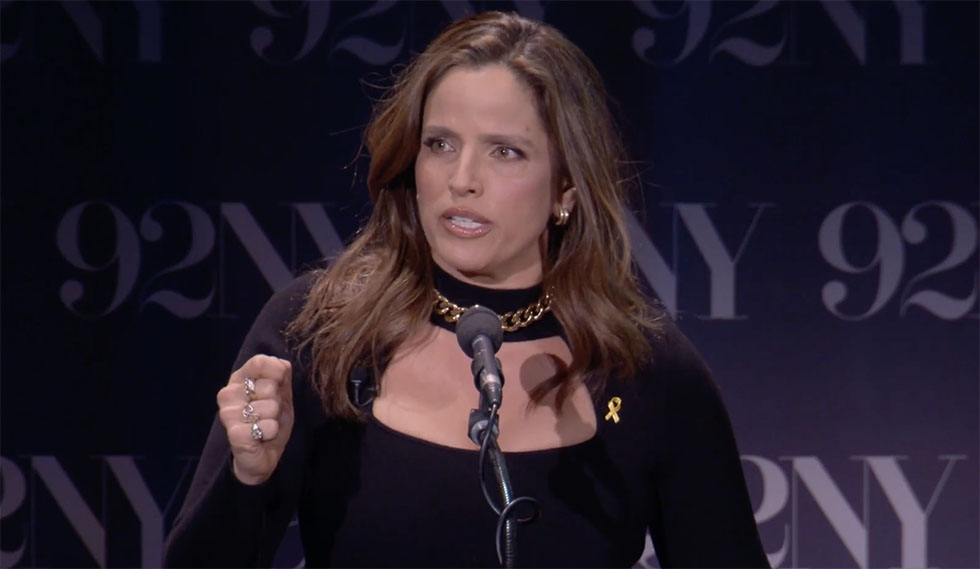






 More news and opinions than at a Shabbat dinner, right in your inbox.
More news and opinions than at a Shabbat dinner, right in your inbox.